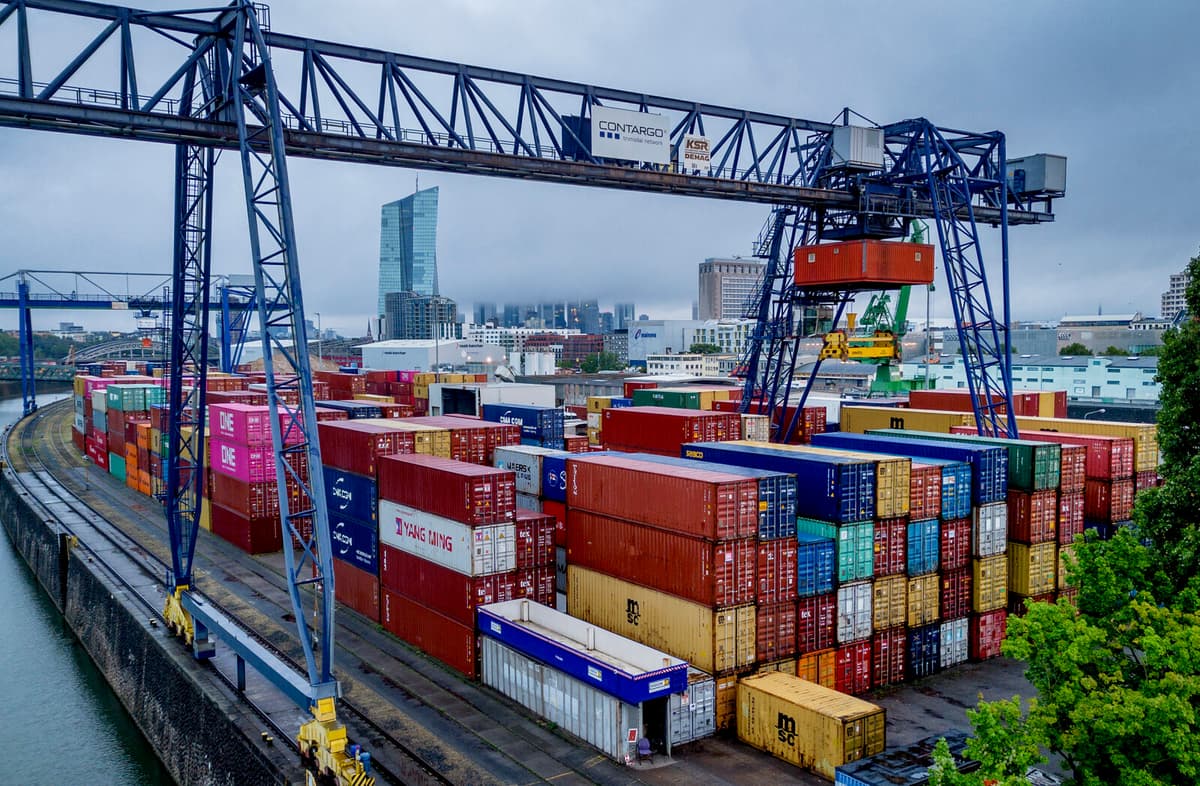The German government's economists continue to lower this year's GDP forecast. It is now down to zero after being lowered to 0.3 percent in January.
In October last year, when it was first presented, it was at plus 1.1 percent.
The outgoing German finance minister Robert Habeck refers to the great uncertainty that has spread in the world after the US President Donald Trump's tariff shock, as well as a declining demand for German export products.
"The new American protectionism can have significant direct and indirect effects on our economy's growth," he says in a written statement according to the news agency Bloomberg.
Unexpected rise
Next year, the German government is counting on a certain recovery, with a GDP increase of 1.1 percent.
The forecast reduction is made since a monthly index from the economic institute Ifo showed that the business climate in the German economy – Europe's largest – rises slightly in April, despite the Trump administration's tariffs.
The development was unexpected. Analysts had counted on a decline.
Ifo's main index for business climate for April rose to 86.9 – up from 86.7 in March. Expected was a decline to 85.2, according to a compilation of forecasts made by the news agency Bloomberg.
"Companies are more positive about the current situation. But expectations are gloomier: Uncertainty among companies has increased. The German economy is preparing for turbulence," writes Ifo in a press release.
Dampened future prospects
As for the assessment of the current situation, this sub-index rose to 86.4 from 85.7. There, expectations were for a decline to 85.4.
The view on future prospects in the German economy was dampened to 87.4, from 87.7 in March. But even this was a better rating than expected. The average forecast was for a decline to 85.0.
A gloomier mood than before is seen in the manufacturing industry, while the service sector experiences an improved business climate. The construction industry's business climate rose to its highest level since May 2023, according to Ifo.






